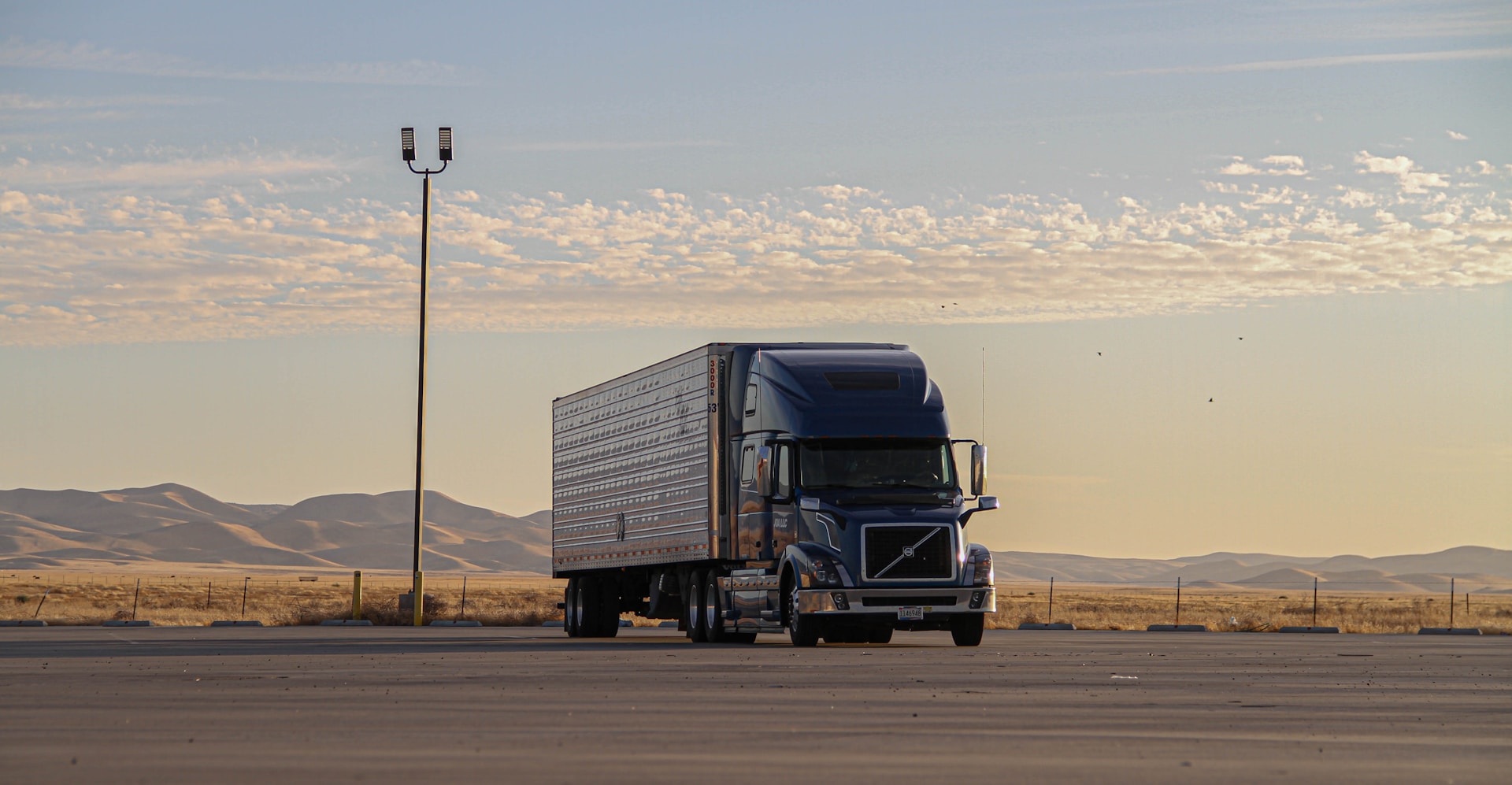Business
Trump’s 25% Truck Tariff Poised to Drive Up Prices Nationwide
By Jake Beardslee · October 8, 2025

Trump Announces New Tariff on Heavy Trucks
President Donald Trump has unveiled a 25% tariff on imported medium- and heavy-duty trucks weighing over 10,000 pounds, set to take effect November 1. The measure also extends to imported truck parts. “Beginning November 1st, 2025, all Medium and Heavy-Duty Trucks coming into the United States from other Countries will be Tariffed at the Rate of 25 percent,” Trump announced on Truth Social. The White House / Wikimedia
Impact on Infrastructure and Supply Chains
While the tariff excludes smaller consumer pickup trucks, such as the Ford Super Duty or Ram 3500, it targets the larger commercial vehicles that form the backbone of U.S. infrastructure. Roughly three-quarters of domestic freight is transported by trucks, meaning the new levy will likely raise operating costs across logistics, construction, and public transportation sectors. Even school buses and medium-duty construction trucks fall under the new category. Sander Yigin / Unsplash
U.S. Automakers Could Be Hit Hard
Ironically, the tariffs are expected to impact American automakers as well. Companies like Stellantis, which manufactures Ram trucks in Mexico, could see production costs rise as imports are taxed at the new rate. These costs are likely to ripple through supply chains and eventually reach consumers in the form of higher prices for goods and services. Mandi Wright / USA TODAY NETWORK via Imagn Images
Ford Applauds Tariffs Despite Cost Concerns
Ford Motor Company issued a statement supporting the administration’s move. “Ford appreciates the Trump administration’s recent direction on heavy trucks, which supports our shared goal of growing the American auto industry and U.S. manufacturing,” the company said in a statement to Bloomberg. Analysts suggest Ford’s enthusiasm may be strategic, as the U.S.-Mexico-Canada trade agreement is due for renegotiation soon. Dave Boucher / USA TODAY NETWORK
Economic Ripple Effects
Economists note that while tariffs are often intended to boost domestic manufacturing, the added costs almost always make their way to consumers. Whether it’s imported trucks or the goods they haul, businesses generally raise prices to offset higher import fees. Given ongoing inflation and high housing costs, the tariff’s timing could further strain household budgets. Jonathan Borba / Pexels